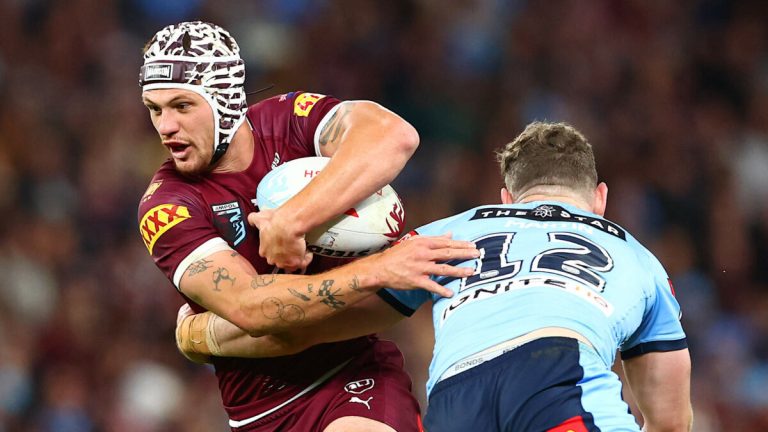Choosing between the plentiful available mutual funds and schemes is not easy. A well thought out and well-planned decision is one that will bear fruits in the long run. Thus a structured approach to fund selection with a systematic checklist to achieve it is of utmost importance.
Also Read | Parag Parikh Flexi Cap Fund, Quant Small Cap Fund among 17 mutual funds which deliver over 20% XIRR on SIP investments in 10 years
Even though there are many available methods of product comparisons, one doesn’t want to be weighed down by all of them. Dwelling into too many numbers, will only lead to further confusion. Therefore only a few areas of comparison are of true importance and will be comprehensive enough to produce a thorough comparison.
Here’s what you should consider before investing in mutual funds:
Define your financial goals
Before choosing any mutual fund, identify your investment purpose—whether it’s buying a house, funding a child’s education, planning retirement, or building wealth. Your goal will determine the type of fund you should invest in. For instance, equity mutual funds may suit long-term wealth creation, while debt funds might work better for short-term needs or income stability.
Assess your risk appetite and investment horizon
Different mutual funds carry different levels of risk. Equity funds are subject to market fluctuations, while debt and hybrid funds tend to be less volatile. Understanding your risk-taking ability—based on your income, age, and financial responsibilities—can help you avoid panic during market downturns and ensure your investments align with your comfort level.Your time horizon matters. If your goal is several years away, you can afford to take higher risks with equity funds. If you need the money in the short term, a safer approach with debt or liquid funds may be better. Matching your investment horizon with the fund type helps in optimizing returns while managing risk.
Understand types of mutual funds
Mutual funds come in various categories: equity, debt, hybrid, index, sectoral, ELSS (tax-saving), and more or are active and passive by nature. Each category serves a specific purpose. Equity funds aim for higher returns with higher risk, debt funds offer stability with moderate returns, and hybrid funds balance both. Knowing the purpose and structure of these funds helps in choosing the right one for your financial plan.
Look at fund’s past performance
While past performance does not guarantee future returns, it offers insight into how the fund has managed different market cycles. Look for consistency over 3, 5, and 7-year periods rather than short-term spikes. Compare performance with its benchmark index and category average to evaluate its relative strength.
For example, performance or return comparison between an equity scheme and a debt scheme should never be done. It must be kept in mind that comparison happens only between similar funds. A large cap fund should be compared with another large cap fund and not a mid cap fund. Thus compare apples to apples only. Performance and return comparison should be conducted usually when one has decided on the above-mentioned factors like risk and product category.
Also Read | MNC mutual funds struggle to perform, lose 3% in 1 year. What’s driving the underperformance?
Check portfolio of fund
Portfolio is very important while comparing schemes. Even though some of the underlying stocks in portfolios could be similar, most portfolios have differing mandates and investment philosophies. As a result it is rather important to understand the stance the manager has taken while building his scheme portfolio.
The portfolio will not only determine the future outcome of your investment but will also tell you how risky the product is and hence if it is appropriate for your appetite. For example, an equity scheme, which invests in large cap companies, could be less volatile than one that invests in mid or small cap companies.
Check fund manager’s track record
The experience and expertise of the fund manager can significantly influence a fund’s performance. A fund managed by someone with a long, successful track record across market cycles adds credibility. It’s also important to see how long the current manager has been handling the fund you’re considering. Since trusting your hard earned savings to someone can never be easy, it is important to evaluate their money management capabilities.
Review fund’s expense ratio
The expense ratio reflects the cost of managing the fund. A high expense ratio can eat into your returns over time, especially in actively managed funds. Compare expense ratios among similar funds. For passive funds like index funds, look for a low-cost structure since they aim to mirror the index rather than beat it.
Evaluate exit load and lock-in period
Exit load is a fee charged when you redeem your investment within a specific period. Some funds also have lock-in periods, such as ELSS funds with a 3-year lock-in. Be sure to understand the liquidity and restrictions attached to the scheme you choose to avoid surprises when you need to withdraw your money.
Know tax implications
Different mutual fund types attract different tax treatments. For instance, equity funds are taxed differently from debt funds. Understanding capital gains tax, dividend taxation, and how long-term versus short-term holding periods affect tax liability is crucial for better post-tax returns.
Consistency of mutual fund house
Reputation and consistency of the Asset Management Company (AMC) matter. A well-established fund house with a consistent record of managing investor money prudently and transparently should carry more weight in your decision-making process.
Also Read | AMFI reshuffle: Mazagon Dock, MCX among 19 stocks that may be upgraded in H2 CY25
Investing in mutual funds can be rewarding, but it requires thoughtful consideration. Don’t choose a fund just because it’s popular or has performed well recently. Take time to understand your own needs, analyze fund details.
After evaluating these parameters and choosing a scheme one can be reasonable sure that the investment they are going into is the right one and if needed, seek guidance from a financial advisor. A well-chosen mutual fund, aligned with your goals and risk profile, can be a powerful tool for wealth creation.







